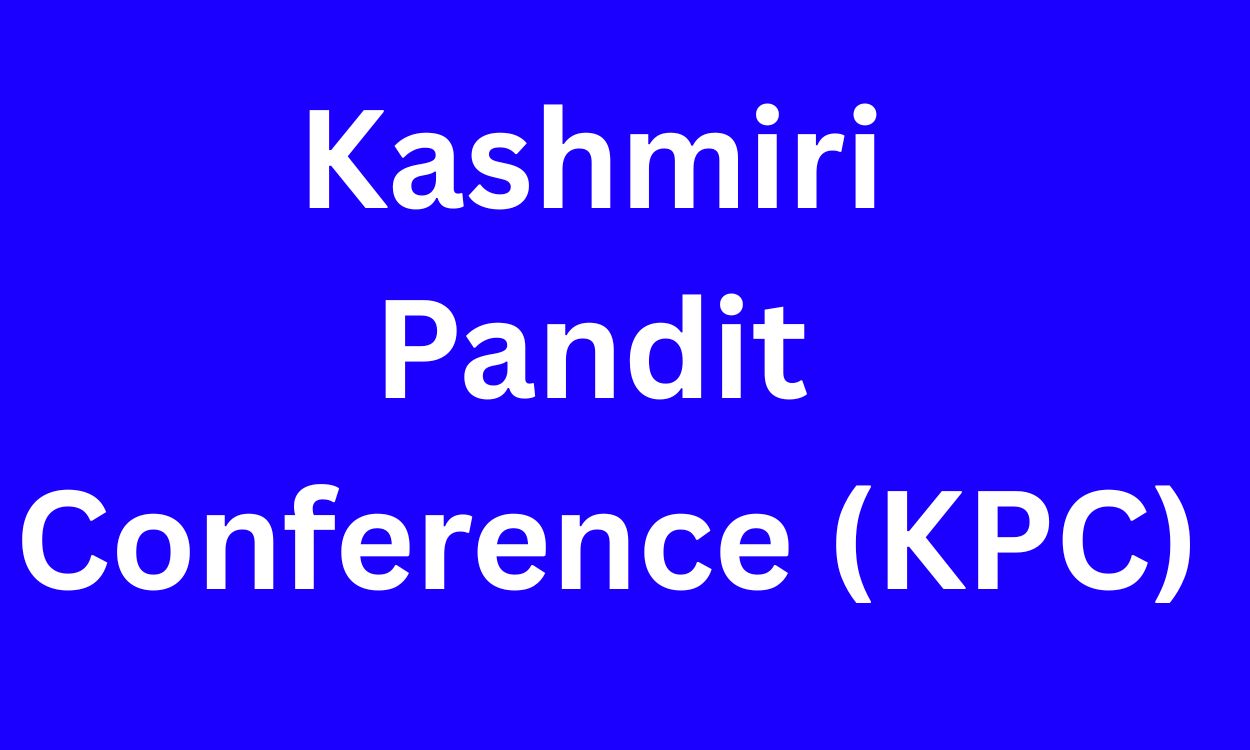By Kundan Kashmiri, Kashmir Watcher & President Kashmiri Pandit Conference (KPC ).
With due respect to Mr. Haseeb Drabu’s standing as an intellectual and former minister, I wish to offer a firm and heartfelt rebuttal to the tone and implications of his recent article titled “Ek Phool – Do Mali,” published in Greater Kashmir on June 27, 2025. In his piece, Drabu Saheb seeks to paint a poetic and nostalgic portrait of Kashmir’s political landscape, portraying the National Conference (NC) as a steadfast “gardener” who has continued to tend the metaphorical flower of Kashmir despite changing circumstances. But while the metaphors are elegant, the substance is deeply flawed and disconnected from the painful realities on the ground.
Let us be absolutely clear, electoral victory, no matter how frequent, cannot be mistaken for moral legitimacy. The glorification of the National Conference as a selfless caretaker of Kashmir’s interests is not only misleading, it whitewashes decades of opportunism, selective silence, and betrayal. Mr. Drabu’s portrayal conveniently sidesteps the fact that NC’s political dominance has stemmed less from public affection and more from legacy politics, manipulated emotions, suppression of dissent, and a lack of genuine alternatives. This attempt to romanticize their role not only distorts history, but it deeply wounds those of us who have paid the highest price for political failures.
The displaced Kashmiri Pandit community, in particular, has been rendered invisible in this narrative. How can we speak of democratic triumphs when an entire indigenous community has been forced into exile for the last thirty-five years? What legitimacy can be claimed by a political party that stood silently while our temples were desecrated, our homes looted, our women brutalized, and our families slaughtered or displaced? When did the National Conference ever rise for our justice, rehabilitation, or even basic political representation? Their track record is soaked not in public service, but in the convenient silence of complicity. Drabu Saheb’s poetic imagery of Kashmir as a flower cared for by political gardeners may appeal to the emotions of some, but for us, the exiled and forgotten, this flower has long withered. It has not been nurtured; it has been neglected, abused, and discarded.
Furthermore, to suggest that the NC continues to win because of the people’s love is to ignore the very conditions under which elections have been conducted in the Valley, conditions where choice is stifled, where nationalist and alternative voices are excluded, and where democratic space has been limited to those who align with existing power structures. This is not democracy; it is repetition without representation. Especially for us, the voiceless Kashmiri Pandits who are still disenfranchised, still displaced, and still without justice.
We urge public intellectuals like Haseeb Drabu Ji to look beyond poetic nostalgia and confront the inconvenient truths. Kashmir does not need more caretakers who serve selective interests. It needs courageous leaders, moral voices, and inclusive policies that address every segment of society, especially the long-ignored and victimized. The glorification of political monopolies, particularly those that failed to protect or even acknowledge one of Kashmir’s most ancient and peaceful communities, must stop. We will not allow poetic illusions to overwrite painful facts.
In conclusion, let us not be carried away by lyrical storytelling that masks the real failures of leadership. The time has come to speak plainly and act justly. Kashmir does not need more beautifully worded metaphors. It needs truth, justice, and inclusion. And above all, it needs accountability for those who suffered, for those who were silenced, and for those who are still waiting to return Valley at thier choice place, justice and rights.
[ Kundan Kashmiri ]
Kashmir Watcher & President, Kashmiri Pandit Conference (KPC)
